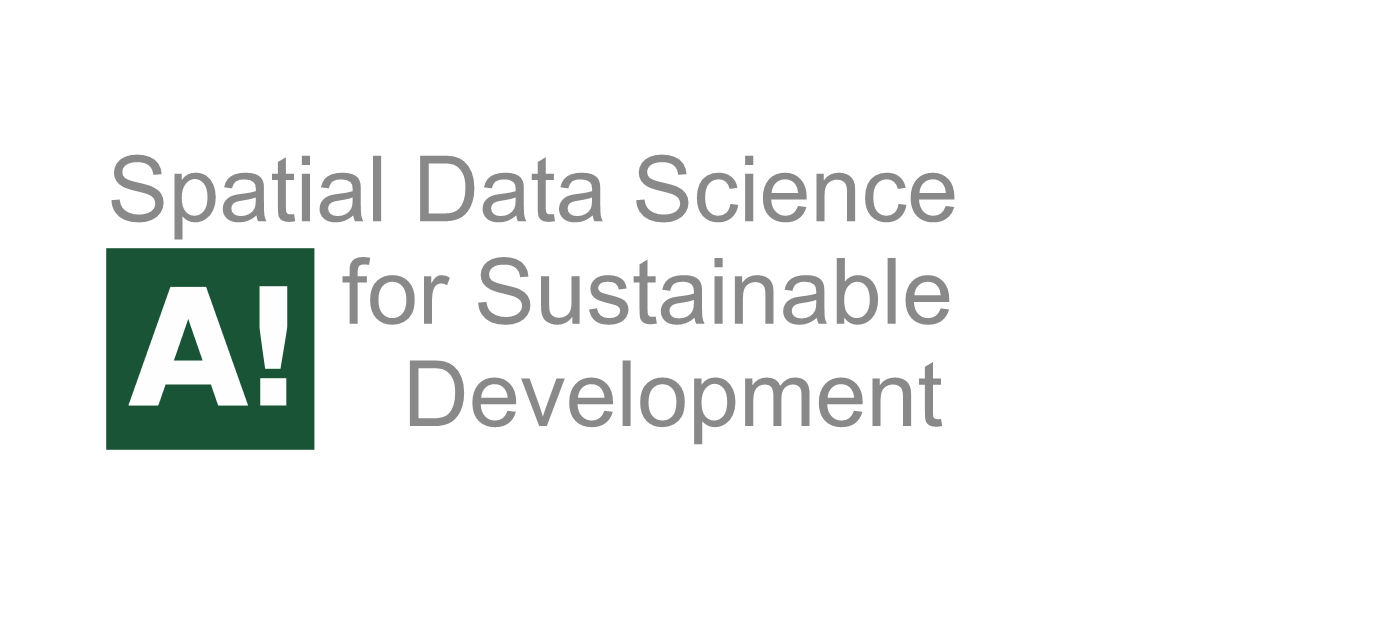Recommended readings#
Banister (2008). The sustainable mobility paradigm. (link)
Creutzig et al. (2019). Upscaling urban data science for global climate solutions (link)
Dijst et al. (2018). Exploring urban metabolism—Towards an interdisciplinary perspective (link)
European Commission. (2018). Indicators for Sustainable Cities. (link)
Lobo et al. (2020). Urban Science: Integrated Theory from the First Cities to Sustainable Metropolises (link)
UN (2016) New Urban Agenda (link)
